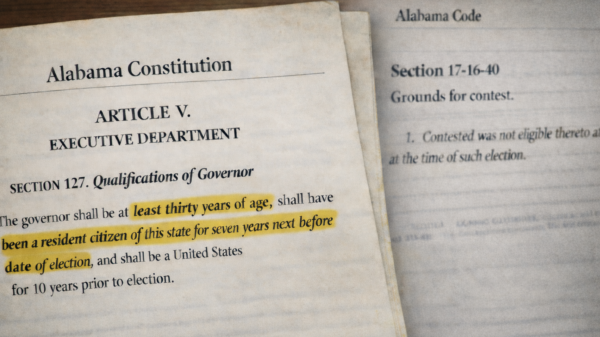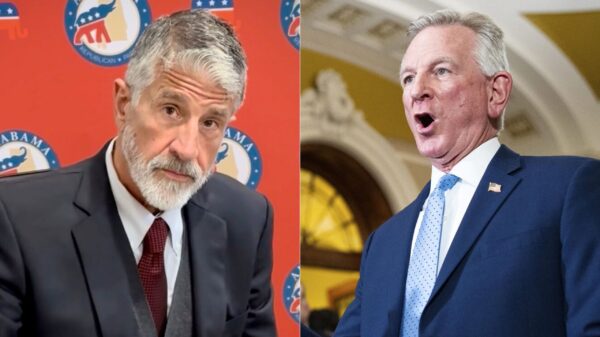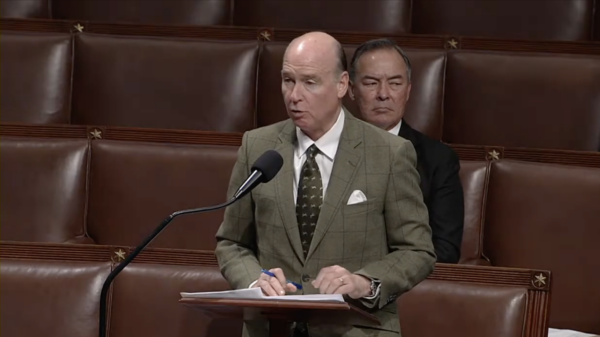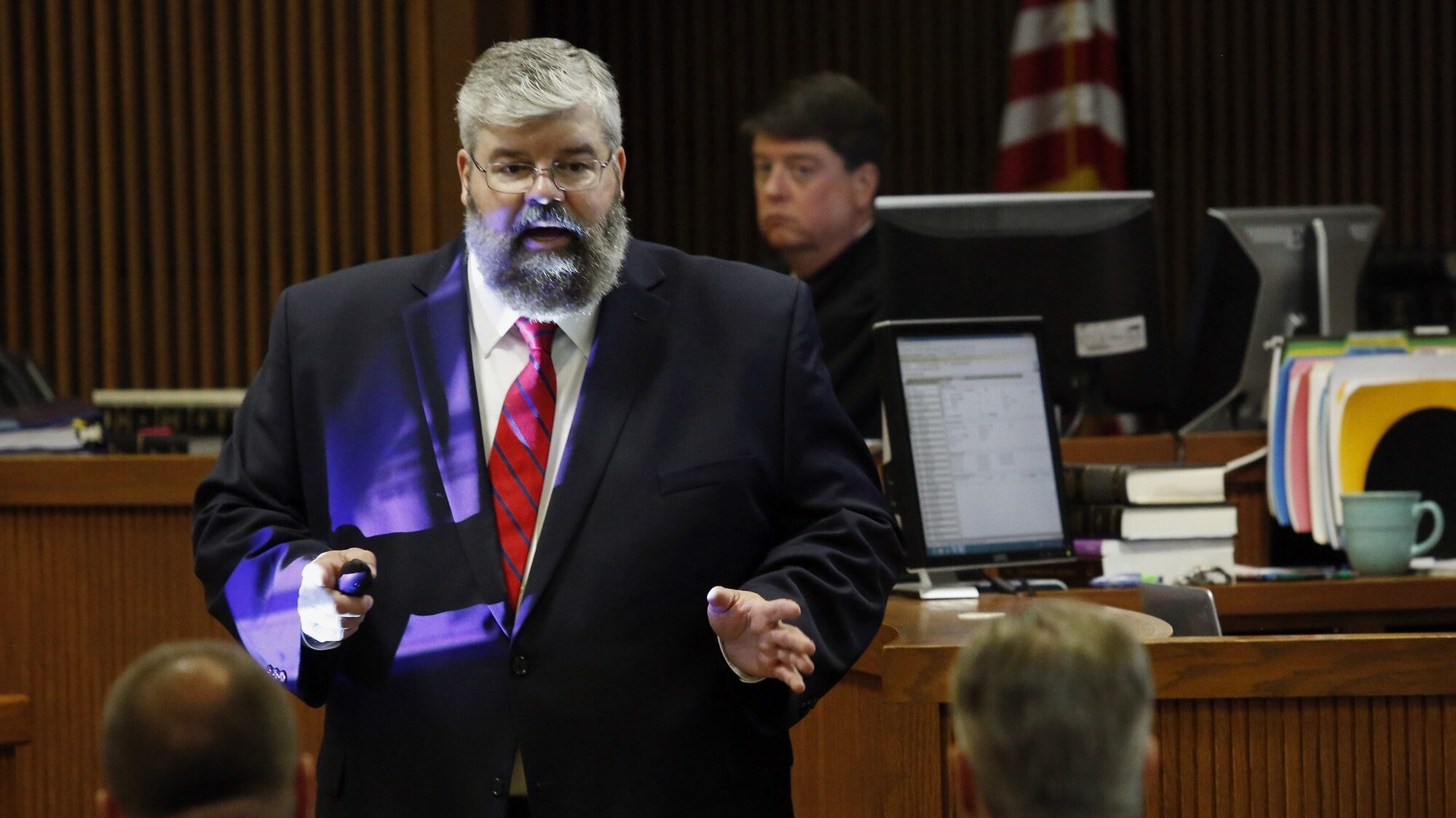Despite the Ivey Administration’s push to pass questionable ethics-busting bill HB317 or her public praise for its passage, the governor is now being counseled not to sign the legislation into law before hearing from those individuals muzzled during legislative debate.
There is little doubt that Gov. Kay Ivey’s commerce secretary and the state’s attorney general, along with the chairman of the ethics commission, have fostered falsehoods and deception in their drive to pass HB317.
The most obvious giveaway that something is amiss with HB317 is that no one from the attorney general’s Special Prosecutions Division would speak for the legislation even though Attorney General Steve Marshall claims they wrote portions of it and wholly approved its content. Likewise, after coming out against the bill and publicly stating it would weaken current ethics laws, the ethics commission’s executive director, Tom Albritton, was nowhere to be found during the debates after his boss, Ethics Chairman Judge Jerry Fielding, came out in favor of the legislation.
Why did Marshall and Fielding muzzle the men who knew most about the interworking of the ethics laws?
Why did Marshall and Fielding make common cause with BCA’s Billy Canary and Bradley Arrant’s lobbyist?
Why were Republican leaders misled by these same individuals and their own staffers?
Several lawmakers contacted Special Prosecutions Division Chief Matt Hart during the run-up to HB317’s passing only to have him say he couldn’t comment on the legislation. Albritton, too, remained silent when approached about the bill.
If Gov. Ivey wants to assure the press and public that she is not a part of the same corruption that tainted her predecessor and other Republicans who were convicted of violating the state’s ethics code, she needs to consult with Hart and Albritton before putting her signature to HB317.
Of course, candor can cost both men their jobs so before meeting with them, Gov. Ivey would need to put their bosses on notice that she expects them to answer her honestly without retaliation.
The question before us is, does Gov. Ivey care more about the law than winning?
If the answer is yes, she reveres the rule of law, then she will meet with Hart and Albritton.
By the 1901 Constitution, Gov. Ivey is the chief magistrate giving her power to compile the attorney general’s office and the executive director of the ethics commission to take her direction.
For the good of the people, she should sit with Hart and Albritton before it’s too late to correct the ship of state that, once again, is heading for the rocks.

















































